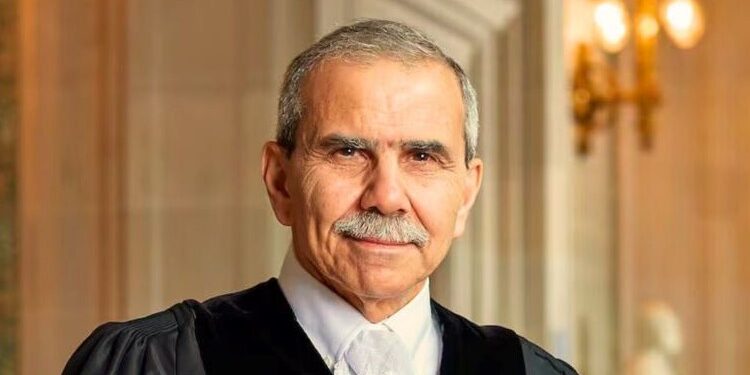Eduardo González
The Spanish Government welcomed on Monday the progress in the formation of the new Lebanese Government and congratulated Nawaf Salam on his appointment as Prime Minister, “wishing him success in his task.”
“The recent election of a President of the Lebanese Republic and the appointment of a fully-fledged Government are fundamental for the stability of Lebanon and for addressing the political, economic and social challenges of the country,” the Ministry of Foreign Affairs said in a statement. “Spain will continue to work with the new authorities that emerge from this process to support the reconstruction and prosperity of Lebanon, and to promote regional stability,” it added.
Nawaf Salam, president of the International Court of Justice (ICJ) and a Maronite Christian, was appointed Prime Minister on Monday by President Joseph Aoun, after obtaining the majority support of the different parliamentary groups for the new head of the Executive. Last week, the election of the current head of the Army, General Joseph Aoun, as President of the Republic put an end to more than two years of a vacuum in the Lebanese head of state due to a lack of consensus between the different political blocs.
The statement comes just two days before the Minister of Foreign Affairs, José Manuel Albares, undertakes a new tour of the Middle East that will include Lebanon and Syria. According to the Ministry’s press release last week, Albares will begin his tour on Wednesday in Beirut, where he plans to hold high-level political meetings to address the situation in the country.
Specifically, the Government of Spain welcomed last Thursday the decision of the Lebanese Parliament to elect General Joseph Aoun to the post of President of the Lebanese Republic and expressed its desire to “continue working closely with the Lebanese authorities in favour of peace, sovereignty and stability in Lebanon and the entire region.”
In Beirut, the minister will discuss bilateral relations and Spain’s contribution to Lebanon through Spanish Cooperation. In addition, Albares, who visited Lebanon last year at this time, is scheduled to meet with the United Nations Special Coordinator, Jeanine Hennis-Plasschaert, and the Special Humanitarian Coordinator, Imran Riza, to discuss the humanitarian situation in the region.
Also on the minister’s agenda is a meeting with the Spanish general Aroldo Lázaro, commander-in-chief of the United Nations Interim Force in Lebanon (UNIFIL), and with the new president (and head of the Lebanese Armed Forces), General Joseph Aoun, with whom he will assess compliance with the ceasefire agreement reached on November 27 (about to complete the 60-day period set by the agreement), Spain’s support for the redeployment of the Lebanese Armed Forces in the south of the country and the role of UNIFIL in this new stage. The Spanish contingent in UNIFIL has 669 soldiers assigned to various tasks within the mission.







